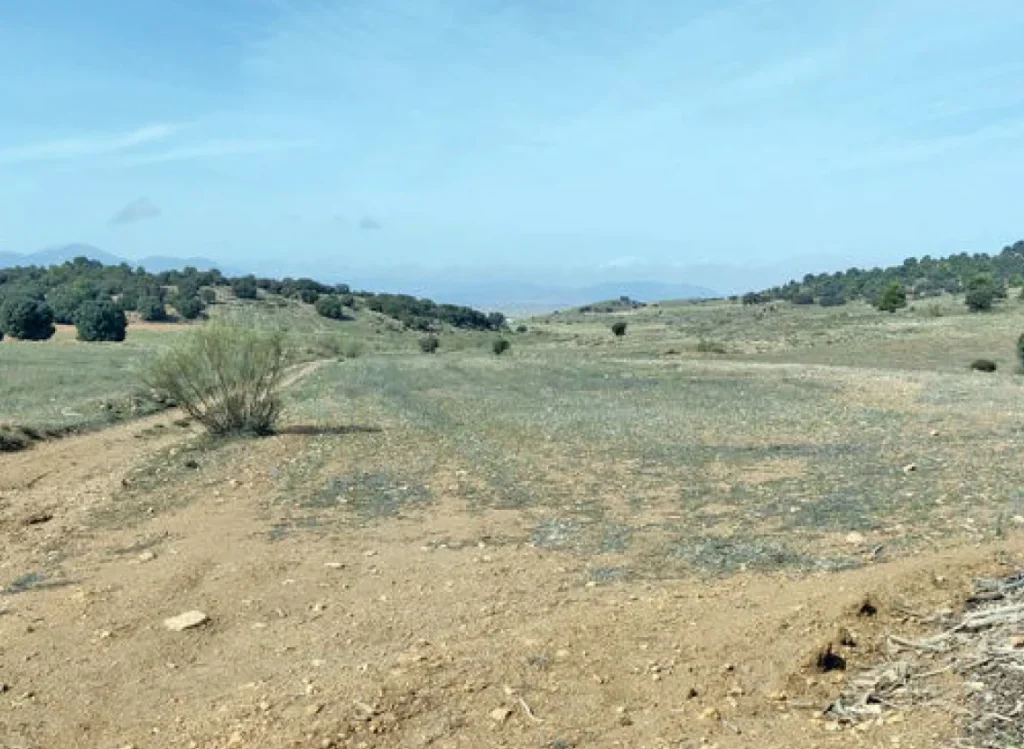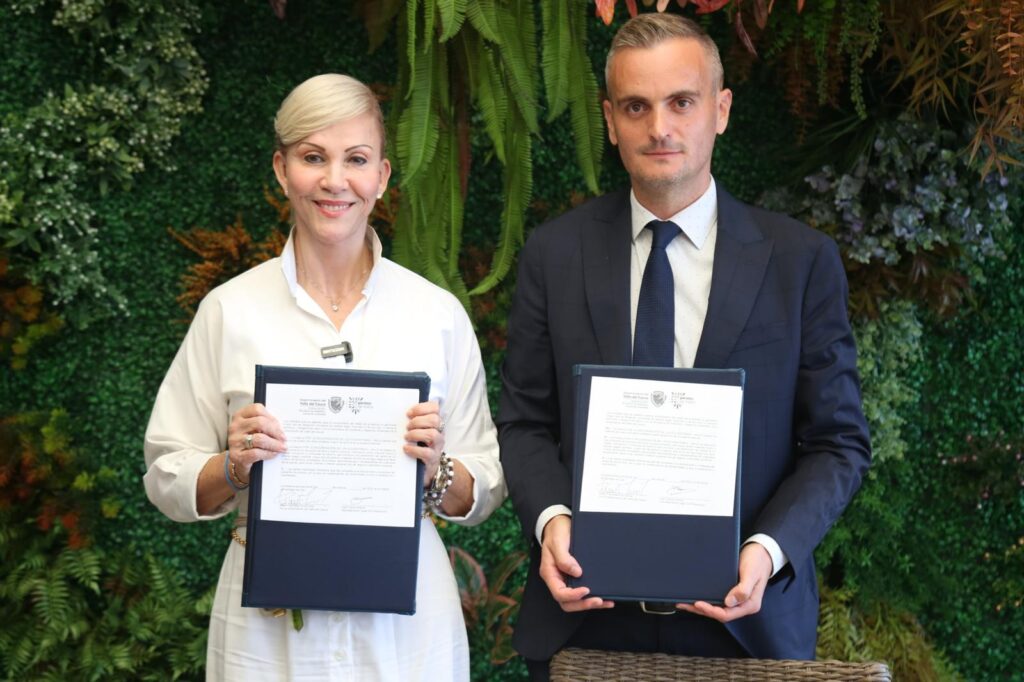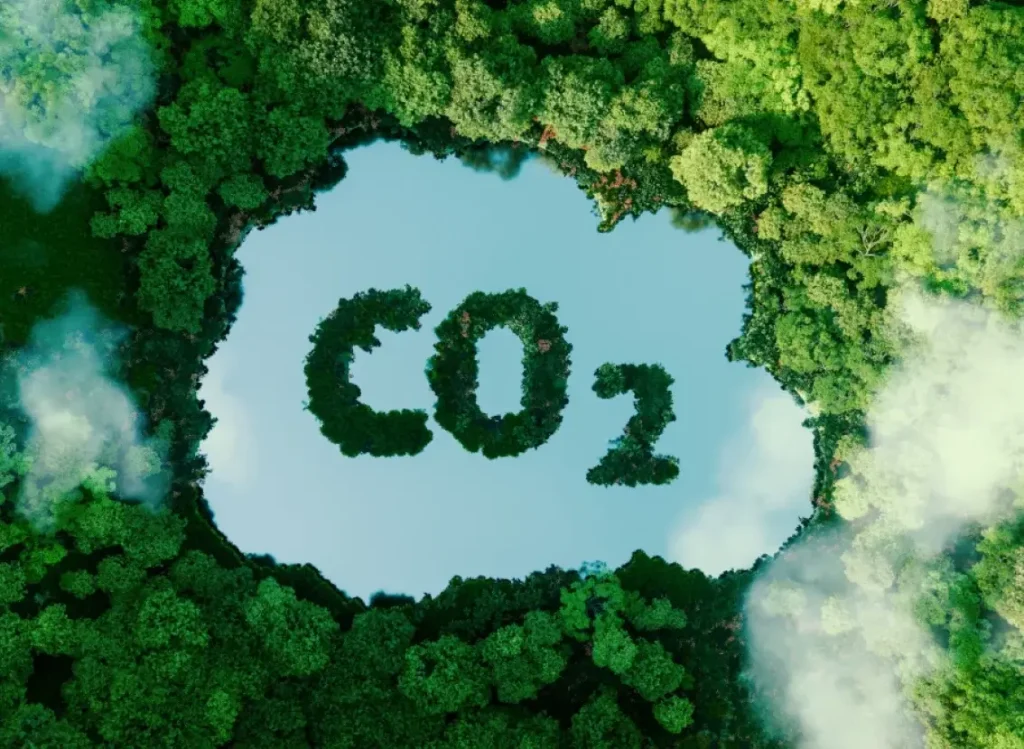Cajamar will undertake a comprehensive reforestation campaign this February on a parcel currently owned by the company, located in the municipality of María, in the north of the province of Almería. This initiative, promoted by the entity and situated near the Sierra María-Los Vélez Natural Park, an area of high ecological and environmental value, aims to enhance CO2 capture from the atmosphere, protect local ecosystem biodiversity, and combat erosion and soil loss.
This environmental action, designed and promoted by the entity itself, called ‘Bosque Cajamar‘ (Cajamar Forest), will contribute to the recovery of an area of 27.54 hectares. The project will be carried out during February and March in collaboration with the Department of Sustainability, Environment, and Blue Economy of the Junta de Andalucía and the Directorate of the Natural Park.
As Roberto García Torrente, Director of Sustainable Development at Cajamar, reminds us, “At Cajamar, we have been reducing our carbon footprint for many years and contributing to improving the communities where we operate. In addition to implementing energy efficiency measures so that all the electricity we consume comes from renewable sources, we have been offsetting our carbon footprint by financing reforestation projects carried out by third parties in other countries. Now, we are taking a step further with this initiative in the Sierra de María-Los Vélez, where we are directly promoting the reforestation using all available local resources, thereby increasing the positive impact of this initiative.”

Comprehensive Action
The ‘Bosque Cajamar’ project is presented as a comprehensive action aimed at increasing forest cover in a particularly sensitive area. This will reduce the risk of desertification, the impact of runoff erosion, and soil loss, improving its structure and organic composition through the effective recovery of the lost tree cover. To this end, the specialists involved in the design of this initiative have selected native species, adapted to the environment, and proven to be more resilient to local ecological conditions: Aleppo pine, holm oak, gall oak, juniper, maple, and hawthorn.
In addition to the recovery of forest mass, various accompanying actions have been programmed to protect the environmental heritage and promote the biodiversity of the area. These include the restoration of a natural water outcrop in the ‘Las Fuentes’ area, which feeds a pond traditionally used by local community members for agricultural tasks and as a leisure space. Additionally, the creation of small ‘dryland sowing patches’ of legumes and grasses will allow the maintenance of permanent meadows to favor and ensure the natural establishment of local flora and fauna, some of which are endemic.
Long term benefits
This reforestation contributes to bringing to the local area of Sierra María-Los Vélez the actions recommended by European and national institutions in the fight against climate change and the protection of biodiversity, facilitating the conversion of land from agricultural to forest use. Furthermore, the actions carried out by Cajamar will help improve the ecological, landscape, and tourist values of the natural area, meeting the environmental and social needs of the territory, and promoting economic activity in a rural area at risk of depopulation.
The company responsible for executing this environmental action is CO2 Revolution, specialized in comprehensive reforestation projects, working alongside other local companies with roots in the region. According to Juan Carlos Sesma, founder of this company, “The recovery of forests is fundamental because it allows for improvements in forest productivity, tourism, and environmental and social development.”
Hence, this reforestation campaign also contributes to the creation of direct employment in the area, both for the land preparation work carried out during January and for the sowing and planting activities that will take place in February and March.
In addition to the implementation of the first phase of this forest mass recovery campaign, which will be carried out over these months, Cajamar has planned continuous monitoring over the next 35 years, the period of validity for the CO2 absorption rights linked to this initiative. Overall, it is estimated that the planned actions will generate an initial volume of 354 tons of CO2 absorption in the first year, totaling 1,943 tons over 35 years.


